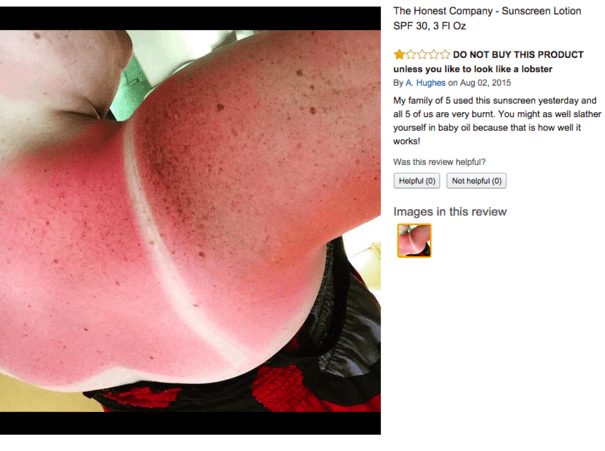School’s out for summer! And one of the best things about summer is camp. But, with so many different kinds of camps available — from the “classic,” featuring a mixture of sport, craft and learning, to the hyper-specific, such as a classical music- or robotics-focused experience — it can be near impossible to pick just one. To help you wade through your myriad options, we’ve asked educator Aaron Goldschmidt for his tips on how to find the best camp experience for your kid. As the founder of Shine, which offers pop-up classes and parties for children in the New York area, Goldschmidt knows a thing or two about what kids — and their parents — want and need from a summer camp. Here are the 5 questions you should ask when embarking on your search. What does your kid want?
If you don’t know what kind of camp would be best for your kid, ask her. While 5- and 6-year-olds benefit from more general, wide-ranging camps, chances are that once your child reaches age 7 to 9, she’ll have a pretty good idea of what she likes. “A lot of times, they’re going to ask you, ‘Can I go to science camp?’” says Goldschmidt. “If they don’t, talk to them. Just because your daughter plays sports all year round, doesn’t mean she won’t want to try something else.” How far is it?
Even if a camp provides transportation, you may not want to put your 5-year-old on a bus. Even if your kid can handle the bus alone, you probably still want a campthat’s close to home or work, in case of emergency. Plus, “it makes juggling schedules a little easier,” says Goldschmidt. “Having a friend or two to join a carpool makes it even more so.” How big is it?
“Not every child thrives in a large group,” says Goldschmidt. “Your child may prefer an intimate camp of 20 or 30, or she may love the hustle and bustle of a giant camp with 500 kids.” Also inquire about the camper to counselor ratio — bonus if the staff has experience working with children. If your child is on the shyer side and would flourish in a smaller camp, look for keywords like “limited class size,” “boutique” or “exclusive.” Is it nice?
You want a place where you would feel comfortable sending your child for hours at a time. Visit the school in person and assess the surroundings. “Do the kids look happy? Is it clean? Does the equipment look safe? Is there a solid emergency plan?” says Goldschmidt. “If your kid is going to go out on field trips and swimming in lakes, you need to make sure there are emergency provisions in place and that the counselors are certified in CPR.” It costs what?
Some camps can be very expensive, so decide on your budget before you start looking, says Goldschmidt. “Many camps offer a short week option, so you can send your child two or three days,” he adds. “If finances are an issue, ask about a reduced tuition alternative, scholarship or even discounts for specific summer camps. Can we still take a vacation?
While camp gives kids structure, social experiences and a chance to explore their interests, it’s important to give them some downtime too. “Children can be overwhelmed during the school year, and summer is an opportunity to rest,” says Goldschmidt. “You may want a few unscheduled weeks to take a family vacation or staycation, and let the children catch up on summer reading and playing with friends. A camp scheduled only two or three days a week can provide the best of both worlds: scheduled activities and free time.”
How to pick the perfect summer camp for your child

iStock


















